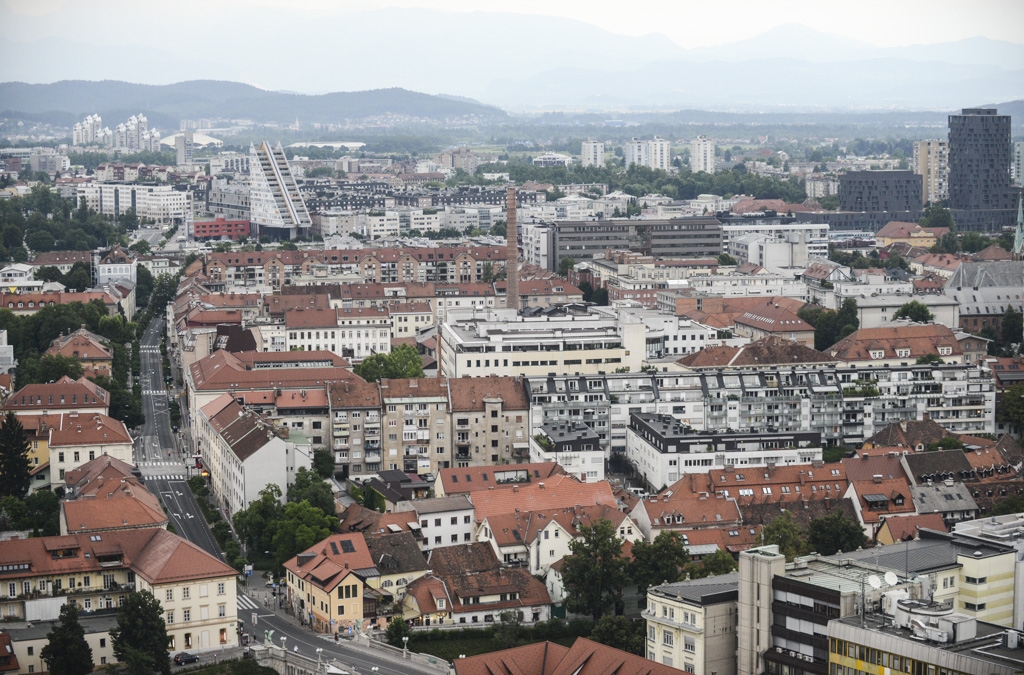The National Assembly passed in a 50 to 5 vote on Monday changes to a document capping public finance spending, so as to allow the government to draft a supplementary budget for this year to accommodate measures to help the nation overcome the ongoing coronavirus epidemic. The government plans to have the supplementary budget ready before summer.
Total public finance spending is to increase from EUR 21.48 billion to EUR 23.63 billion. The additional funds will go into social security and the economy, Finance Minister Andrej Šircelj told the MPs.
State budget expenditure cap was thus increased from EUR 10.45 billion to EUR 12.525 billion this year. The Pension and Disability Insurance Institute’s (ZPIZ) spending is capped at EUR 5.93 billion instead of EUR 5.845 billion, while total expenditure of municipalities will be allowed to increase by EUR 20 million to EUR 2.34 billion
The currently valid decree that sets the expenditure ceiling for the period between 2020 and 2022 by individual year, foresees a general government deficit of 1% of GDP, but under the changes the country is expected to see a general government deficit of 8.1% of GDP.
“The figures reflect the situation in society and the economy,” Šircelj told the MPs, adding that the funds will be used to mitigate the consequences of the epidemic, ensure social security and relaunch the economy.
Slovenia is facing a significant drop in GDP, with forecast drops ranging from 6% to 8% this year. Moreover, Slovenia’s debt will also go up, with Šircelj saying it would reach 82.4% of GDP. Nonetheless, Slovenia will remain one of the least indebted EU members, Šircelj said.
Coalition deputy groups expressed support for the changes, while opposition pointed to shortcomings.
“The government has made an optimal assessment about what lies ahead,” New Slovenia (NSi) MP Jožef Horvat said, while Democrats (SDS) MP Marko Pogačnik said that medium-term projections show a high degree of uncertainty, therefore he believes the changes proposed by the government are necessary.
Luka Mesec of the opposition Left agreed that both the people and the economy must be helped, but noted that healthcare funds will remain virtually unchanged, while the first anti-corona legislative package, passed in April, imposed additional cost for the health purse.
The Alenka Bratušek Party (SAB) said it would not support the changes. “Should we expect another austerity bill and another decrease in salaries in pensions?” Andrej Rajh wondered, referring to the austerity act passed by the second Janez Janša government in the wake of the social and economic crisis.
The same question was asked by Andreja Zabret of the Marjan Šarec List (LMŠ). Although the answer was negative, she said that Slovenia won the first stage of its fight with the epidemic because of an excellent response by public healthcare and people’s behaviour.

